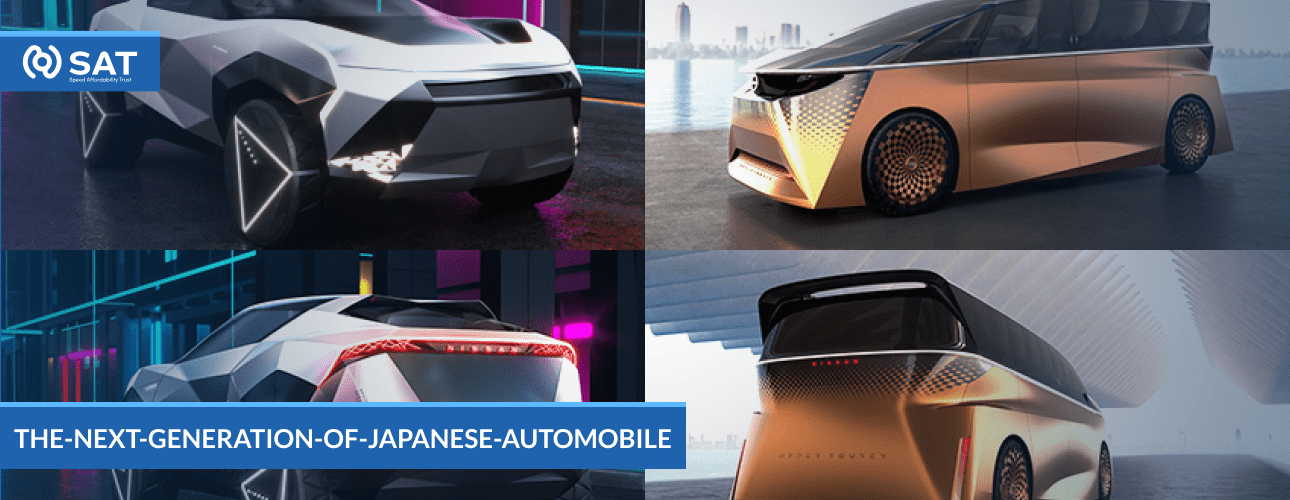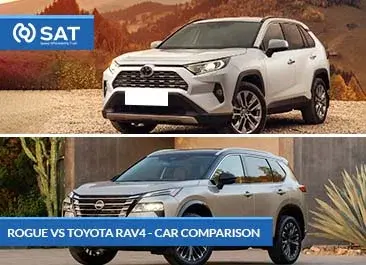The next generation of Japanese automobile vehicles are referred to as automobiles that are environmentally friendly with high fuel efficiency and zero harmful emissions. The four major types of vehicles in terms of technology can be categorized into hybrid, plug-in hybrid, electric, and fuel cell.
In comparison to traditional vehicles, these new-generation vehicles benefit users by offering efficient running costs, low maintenance, and minimal fuel emissions. As a result, these vehicles are widely adopted for personal and commercial applications. In recent years, the automotive industry has entered a period of powerful change. What is now known as the automotive industry might come to be known broadly as the mobility industry with the latest generation of products and services.
According to the latest study and research, “Japan Next Generation Vehicle Market: Industry Trends, Share, Size, Growth, Opportunity and Forecast 2022-2027” by IMARC Group, the size of Japan’s next-generation vehicle industry was $762 million in 2021. According to IMARC Group, the market will reach $1,682 million, expanding at a CAGR of 14.1% from 2022 to 2027.
Japan Next Generation Automotive Market Trends
The increased interest of people towards fuel-efficient cars and emerging environmental awareness towards reducing greenhouse gas (GHG) emissions are significantly driving Japan’s next-generation vehicle market.
Along with that, the introduction of promising government policies and financial incentives including low buying costs, and tax exemptions are encouraging sustainable development and promoting the use of environmental friendly vehicles, which is also leading to their increased demand in the country.
Moreover, the increased practice of replacing conventional fuel-based public transport with safer public vehicles is further catalyzing the demand for these vehicles across Japan. The introduction of smart vehicle technologies such as driver-assistance systems (ADAS) and GPS systems is also expected to augment Japan’s next-generation vehicle market in the coming years.
Automakers Embarking on Online Direct Sales
In October 2021, the “Honda On” online store was launched by Honda to sell new cars. To handle sales in addition to ride-sharing services, the carmaker established a company called “Honda Sales Operations Japan” before beginning direct online sales.
The complete purchase procedure, consultation, quote, appraisal, and sales contract, is now handled entirely online by Honda, making it the first Japanese carmaker to do so.
Although European and U.S. automakers have successfully introduced online car sales, the majority of the services remain at test-sales levels. This is because of the fear that online sales can create a conflict between existing car dealers. Profit margins are not required by online vehicle sales, so the cost difference between existing manufacturers and new entries will become quite obvious.
Conclusion
The Japanese automobile industry is taking steps forward with a promising future. The government has set a target to cut greenhouse gas emissions by 46%, which will decide whether Japanese automakers can continue to build their automobiles in the nation after the advent of renewable energy by 2030 or not.








